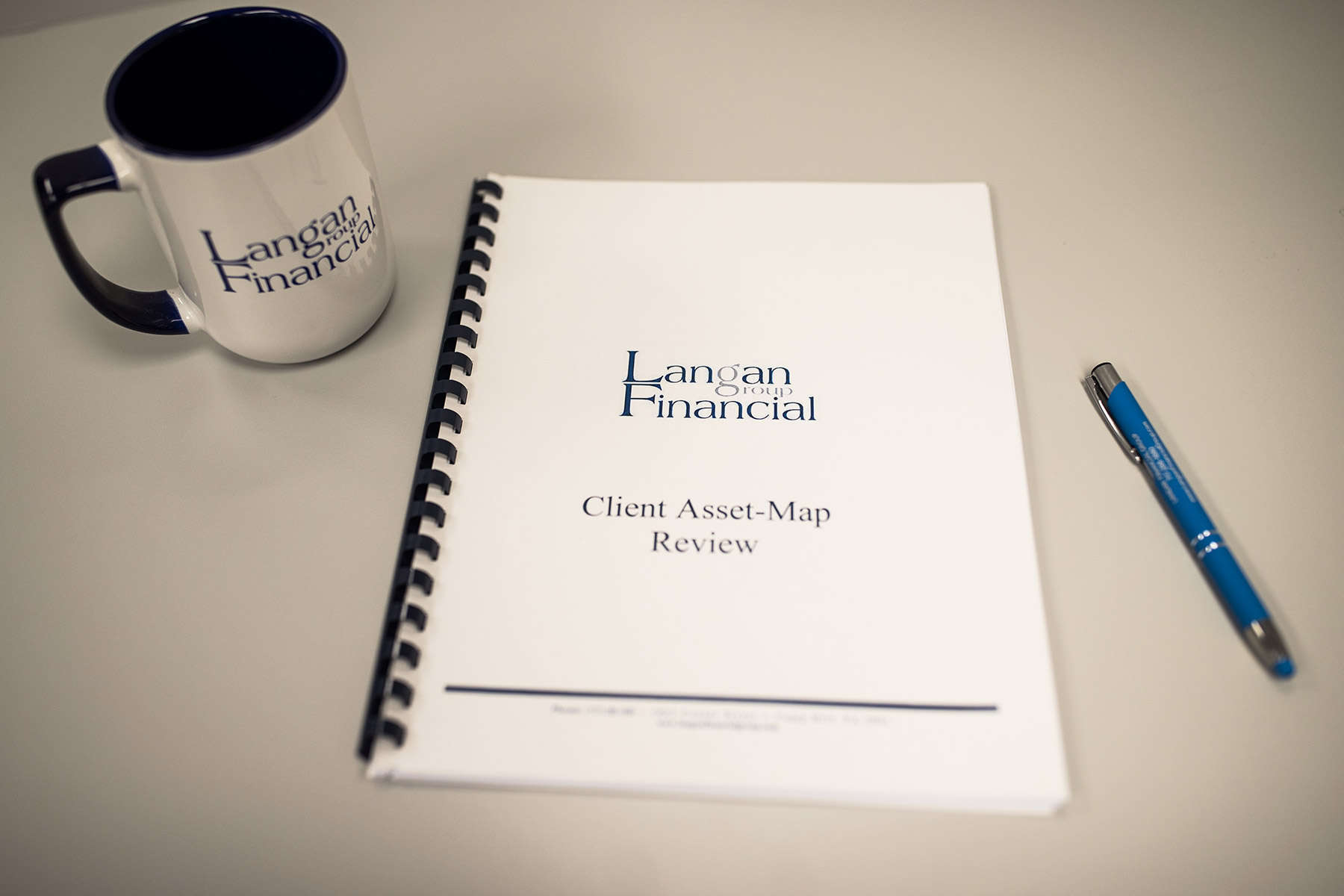What is a Group Retirement Plan Fiduciary?
A group retirement plan fiduciary is an individual or entity that has discretionary authority or control over a retirement plan or its assets.
Fiduciaries are legally responsible for acting in the best interest of plan participants and their beneficiaries. They can be personally liable for any breaches of their fiduciary duties.

Key Responsibilities of a Retirement Plan Fiduciary
There are many fiduciary responsibilities for a business retirement plan. Below is a list of the major responsibilities that should be covered by one of the plan’s fiduciaries.
Acting in the Best Interest of Participants
Retirement Plan fiduciaries are always required to act in the primary interest of plan participants and their beneficiaries, making sure that all decisions are made to their benefit. This includes selecting:
- service provider
- services offered
Prudently Managing Plan Assets:
Group retirement plan fiduciaries must be able to manage plan assets prudently with appropriate expertise by following the investment policy statement and ERISA requirements. The management of plan assets is typically where an advisor can assist a group retirement plan.
An example of imprudently managed funds would be a young participant getting defaulted into the money market fund in the plan.
Diversification of Investments:
There is a duty to have diversifying plan investments to minimize risk and ensure the plan is not overly dependent on one fund or asset class. The advisor should ensure there are multiple options across multiple asset classes.
Reasonable Plan Expenses:
Group retirement plan fees cannot be unreasonable or unfair to participants. It is important to review the fees annually to ensure they still meet the needs of the company.
Another way to benchmark fees is to request proposals from other providers to ensure the current fees align with the greater market.
Plan Document Compliance with ERISA:
A business retirement plan is required to maintain and follow plan documents that comply with ERISA regulations. A Third-Party Administrator can assist with developing and maintaining the plan documents.
Monitoring and Reviewing Investment Options:
Investment options should be reviewed periodically by fiduciaries on the plan. This is typically outsourced to a financial advisor who has the expertise to monitor and replace investment options.
An advisor can fill this fiduciary capacity in either a 3(21) or 3(38) capacity.
- A 3(21) fiduciary advisor will act as a non-discretionary advisor. If they want to make any changes to the investment options, they will need the approval of the plan sponsor.
- A 3(36) fiduciary advisor will act as a discretionary advisor, where if they want to make changes to the investment options, they have the authority to do so.
Providing Education to Plan Sponsor and Participants:
Retirement plan fiduciaries are responsible for educating participants about the plan and providing them with the necessary forms, disclosures, and information to make informed decisions.
Timely and Accurate Contributions:
Fiduciaries need to ensure that contributions are deposited within a reasonable timeframe and accurately. This will include any payroll updates or deferral changes being accurately updated.
Record Keeping and Compliance:
Financial Fiduciaries are required to maintain accurate and detailed records of plan operations and transactions. This is where the recordkeeper does most of the work. By using a reputable recordkeeper, they can store this information and help ensure compliance with ERISA retention requirements
- Annual compliance testing
The Third-Party Administrator will complete year-end testing, such as nondiscrimination testing and Form 5500 filing.
Even when outside parties are completing some of the fiduciary responsibilities, it still comes down to the plan sponsor who is required to:
- Confirm investment goals and objectives
- Prudently select service providers
- Incur only reasonable expenses
- Avoid conflicts of interest or prohibited transactions

Who Can Act as Retirement Plan’s Fiduciary?
So, what makes somebody a fiduciary? If you do any of the following, you are named a fiduciary:
- Being named as a fiduciary in governing documents (a trustee or authorized signer)
- Providing personalized investment advice for compensation
- Exercising investment discretion
- Having the authority to appoint other fiduciaries
Although you can outsource some of the fiduciary responsibilities, it is still the plan sponsor’s requirement to monitor those service providers.
How Do I Evaluate the Performance of a Fiduciary in my Group Retirement Plan?
To evaluate the performance of a fiduciary, there are multiple routes you can take. The first step would be to conduct an internal audit and see
First, you should already be conducting regular reviews of the plan and fiduciary performance, to ensure the plan is meeting its goals and the fiduciaries are stewards in that process. In this meeting, you should also review which parties are responsible for what duties, to ensure they are all completed.
This is also a good time to review the service agreements of the recordkeeper, investment advisor, and third-party administrator. Reviewing the service agreement can help pinpoint who is responsible for each task.
Once the service agreements are reviewed, you will want to perform an internal audit to ensure that all of the services a provider stated they would complete are being completed. During this process, you will want to review proper documentation and ensure that there are no disruptions in the required services.
If you review your service providers and one party is not meeting your standards, you can request proposals for pricing and services, compare them to the current party, and look to replace them.
A financial advisor can help with a provider search by completing an RFP for the services.

Strategies to Lower Fiduciary Liabilities for Your Business
While a business can minimize fiduciary liability, it cannot eliminate it as a whole. When services are outsourced to other parties, the plan sponsor is responsible for a well-operating plan and for monitoring hired service providers.
While a plan sponsor can minimize fiduciary liability over the investment recommendations, year-end testing, and the distribution of disclosures, they will still be responsible for ensuring the parties are working in the best interest of the plan participants and their beneficiaries.
Where Can I Find Additional Tools and Resources for Fiduciaries?
To find additional tools and resources for fiduciaries, many online outlets can provide additional training, news articles, and other services.
Websites such as the IRS Website, your recordkeeper website, or blog posts, such as Employee Fiduciary
Another option is to contact the financial advisor on your retirement plan and request additional fiduciary resources.
Some financial advisors can provide fiduciary training for the plan sponsor, similar to an employee education meeting, but focus more on the fiduciary responsibilities for the plan. It is important to meet with the financial advisor and ensure this is one of the services they will provide the plan with.
About the Retirement Plan Authors

Alexander Langan, J.D, CFBS, serves as the Chief Investment Officer at Langan Financial Group. In this role, he manages investment portfolios, acts as a fiduciary for group retirement plans, and consults with clients regarding their financial goals, risk tolerance, and asset allocation.
With a focus on ERISA Law, Alex graduated cum laude from Widener Commonwealth Law School. He then clerked for the Supreme Court of Pennsylvania and worked in the Legal Office of the Pennsylvania Office of the Budget, where he assisted in directing and advising policy determinations on state and federal tax, administrative law, and contractual issues.
Alex is also passionate about giving back to the community, and has participated in The Foundation of Enhancing Communities’ Emerging Philanthropist Program, volunteers at his church, and serves as a board member of Samara: The Center of Individual & Family Growth. Outside of work and volunteering, Alex enjoys his time with his wife Sarah, and their three children, Rory, Patrick, and Ava.

Harry Claypool currently serves as an Associate 401(k) Advisor at Langan Financial Group where he assists Alex in servicing retirement plans, preparing plan reviews, and handling administrative work.
In his free time, Harry enjoys visiting new restaurants, spending time with friends and family, and watching the Eagles.
About Langan Financial Group: 401(K) Financial Advisors
Langan Financial Group is an award-winning financial planning firm with offices in York, Pennsylvania and Harrisburg, Pa.
With over 100+ 5-star reviews, Langan Financial Group is an independent financial planning firm established in 1985, offering a broad range of financial planning services.
With an open architecture platform, our advisors have access to a diverse range of products, free from any sales quotas.
Our team of 9 financial experts, each with unique specialties, enhances our ability to focus on delivering value to our clients.
Disclosure
The content is developed from sources believed to be providing accurate information. The information in this material is not intended as tax or legal advice.
Please consult legal or tax professionals for specific information regarding your individual situation.
The opinions expressed and material provided are for general information, and should not be considered a solicitation for the purchase or sale of any security.
Securities offered through Cambridge Investment Research, Inc., a Broker/Dealer, Member FINRA/SIPC.
Investment Advisor Representative, Cambridge Investment Research Advisors, Inc. a Registered Investment Advisor. Cambridge and Langan Financial Group, LLC are not affiliated.
Cambridge does not offer tax or legal advice.



